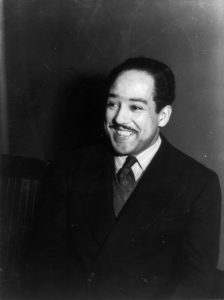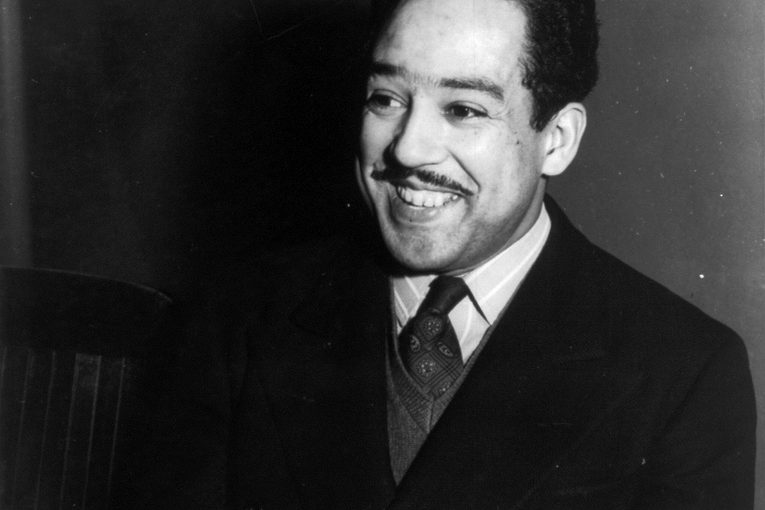
Poet Langston Hughes wrote about discrimination in America as a form of resistance to American society.
It is a confusing and complicated time in American history. The push and pull between our history and our future continues to divide the country. This tear sometimes manifests into protests, like the Women’s March that marched the capitol on Jan. 22.
As we contemplate where America is heading (and whether it will truly be great), poets offer us artistic insight into the struggles, pain and very real consequences of fear and hatred.
“Accent” by Rupi Kaur describes the sound of English on an unfamiliar tongue. The poem beautifully explains that accents are the offspring of two worlds: one strange and one familiar.
An immigrant from India, Kaur’s poetry often describes her experience as a foreigner in a strange country. She currently lives in Toronto, Canada, and continues to publish poetry and perform in Canada and the U.S. In 2014, Kaur published her first collection of poems and drawings, “Milk and Honey.”
“Let America Be America Again”
Langston Hughes’ works often criticize the duplicity of American rhetoric. Especially in his poem, “Let America Be America Again,” Hughes says the American dream is reserved only for a select few.
Hughes describes the men and women who are often disregarded when it comes to speeches about the greatness of America. His poignant stanzas don’t skirt the issue, rather, he faces them head on when he says, “It was never America for me.”
“We Are the Same Sheep: Around the World in 33 Days”
This isn’t actually a poem, but an article Yena Sharma Purmasir wrote for the magazine “Mask.” However, in a snippet from the article Purmasir describes her encounter with an Iranian immigrant in Norway.
Purmasir’s article describes the journey Farshad and his family made to Norway. While they described adjusting as hard, lonely and unfamiliar, Farshad and his wife Nasrin didn’t seem regretful of the decision they made.
This piece of Purmasir’s writing doesn’t just explore immigration relations, but also comfort and exploring the world. The full text of her article is available on “Mask’s” website.
“We All Return to the Place Where We Were Born”
Childhood is often a time of nostalgia for the better years. In Oscar Gonzales’s poem, “We All Return to the Place Where We Were Born,” he romantically describes the world he knew as a child.
The images he gives of growing up in Honduras are often gentle – sunsets, breezes, the smell of perfume. The stark contrast to his descriptions of the U.S., where there are unpleasant seasons that come with pain and uncertainty.
His honest poetry extenuates an inner turmoil of a home that always seems better than it was, compared with an unfriendly, strange place.
Gonzales is originally from Honduras but moved to the U.S. as a teenager. However, he always carried his cultural heritage with him. Gonzales publishes works in both English and Spanish and advocates for human rights in Washington, D.C.
The son of Chinese parents, Li-Young Lee and his family had to flee Indonesia in 1959 because of anti-Chinese sentiment. The family moved all across the Asian continent until they finally settled in the U.S. in 1964.
In Lee’s poem “Immigration Blues,” the poet describes an immigrant’s struggle in book titles. “Survival Strategies and the Melancholy of Racial Assimilation” and “Patterns of Love in Peoples of Diaspora” paint a bleak picture of people who are only trying to find their footing in a new setting.
Lee adds personal experience to this poem, making this an intimate recollection of the struggles the child of an immigrant can experience.
